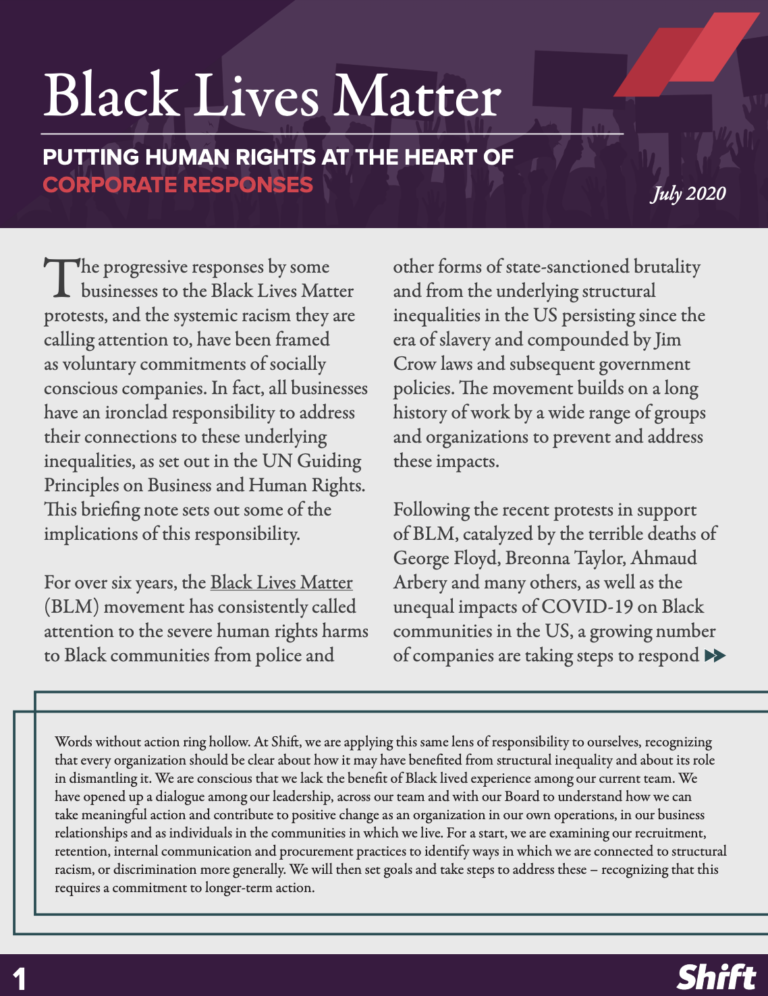Counter-Trafficking in Persons: Field Guide
GuidanceTrafficking in Persons (TIP) is a gross violation of human rights, including the right to life, liberty, and security, and the right to be free from torture and/or cruel, inhumane, and degrading treatment or punishment. It erodes the safety of commu...Read More

